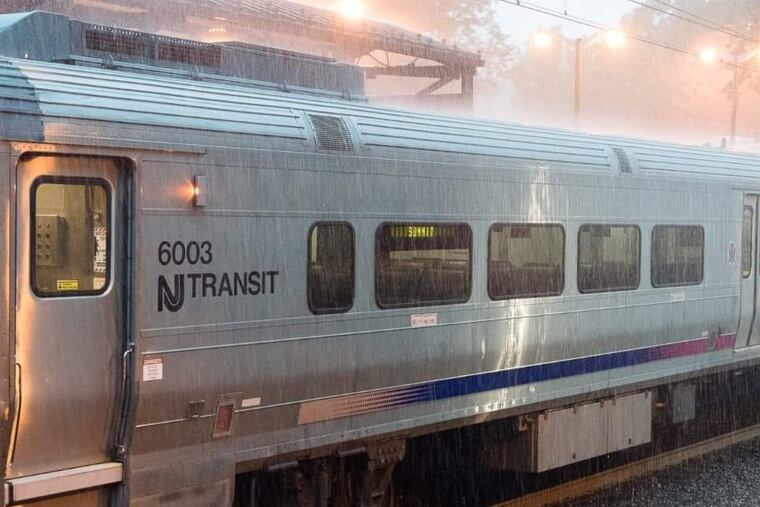NJ Transit reaches milestone for mandated safety system
Reaching the federal benchmarks should allow NJ Transit to avoid costly fines next year.

It’s down to the wire, but NJ Transit reported Monday that it will have enough of a federally mandated safety system in place by year’s end to avoid costly penalties.
The transit agency has installed equipment for Positive Train Control, a system that automatically controls rail vehicles' speeds, in 282 of its locomotives and cars and on 326 miles of track, which meets the milestones the Federal Railroad Administration set for the end of the year, transit officials said. That does not mean PTC is ready to use, however. NJ Transit expects its application for an extension will be granted so the process of readying PTC can continue through 2020.
The FRA confirmed that NJ Transit submitted a request on Friday for an alternative schedule. The federal agency will review the application and will make a decision within 90 days. Without an FRA-approved extension, a railroad operating without PTC next year could be fined up to $27,904-a-day.
If the extension is granted, NJ Transit must install PTC on 158 more vehicles, 985 employees need to be trained, and testing still must be completed before the safety system can operate. Once PTC is in place, it should serve as an important safety net in case of operator error.
The derailment of an Amtrak train in Philadelphia in 2015 that killed eight would not have happened if PTC had been in operation on that stretch of track, officials have said. It has since been installed.
PTC installation was stated as the reason for this fall’s shutdown of NJ Transit’s Atlantic City Line, and it remains unclear when that line will reopen. A factor in its continued suspension, officials have said, was the need for cars and personnel on busier lines in the northern part of the state, where equipment shortages due to PTC installation have caused major scheduling headaches.